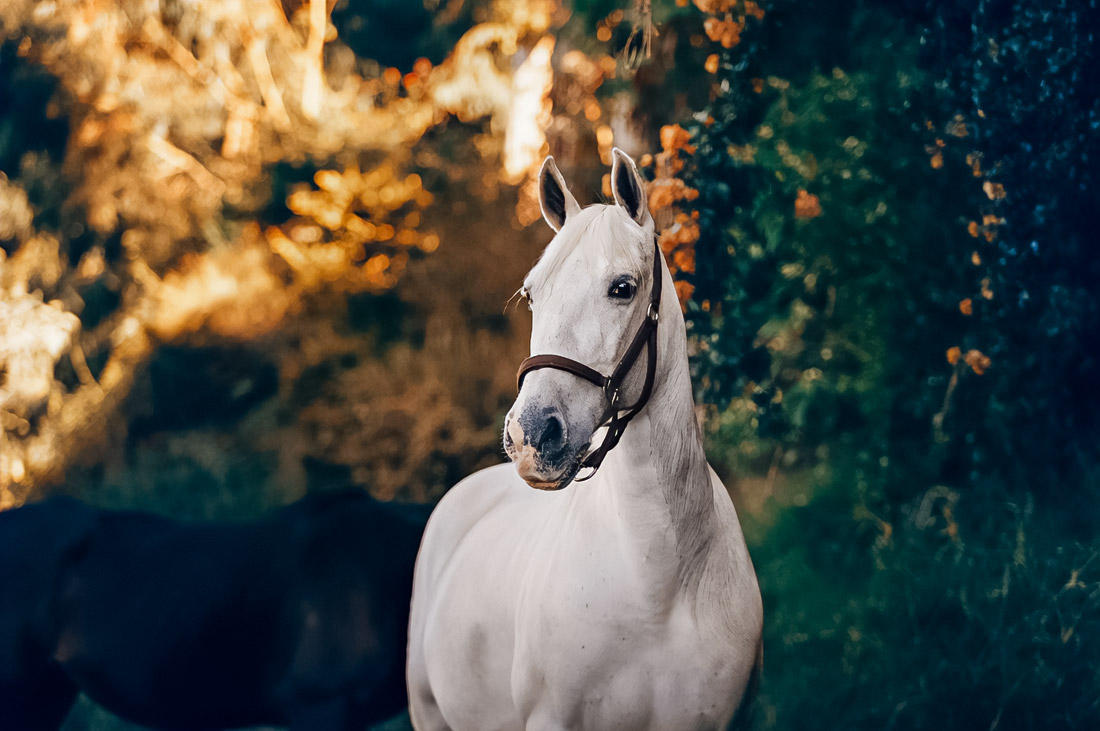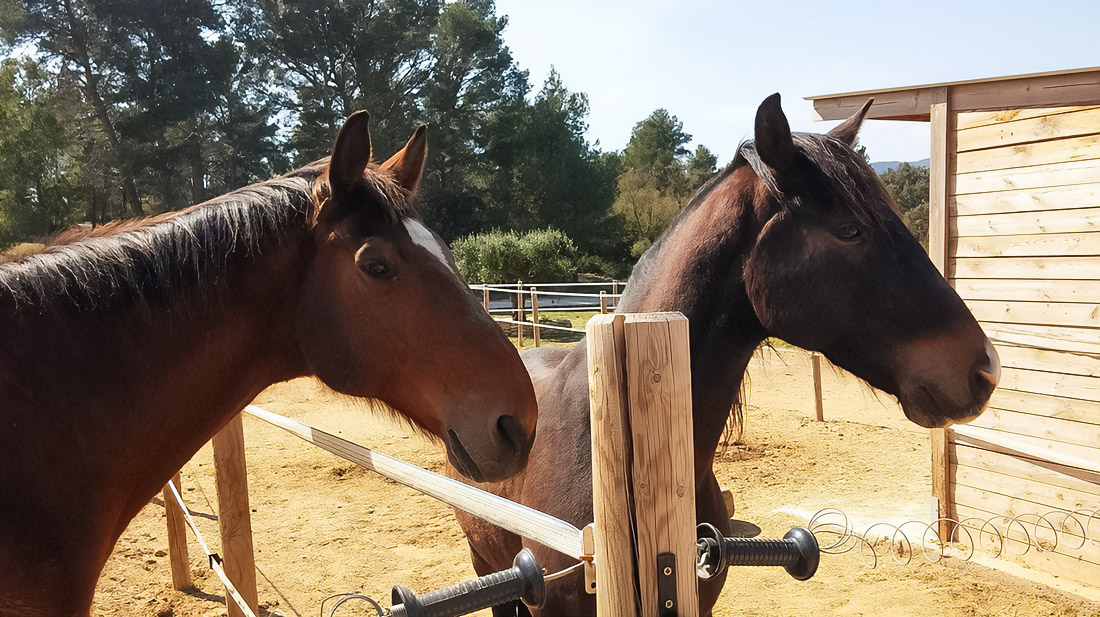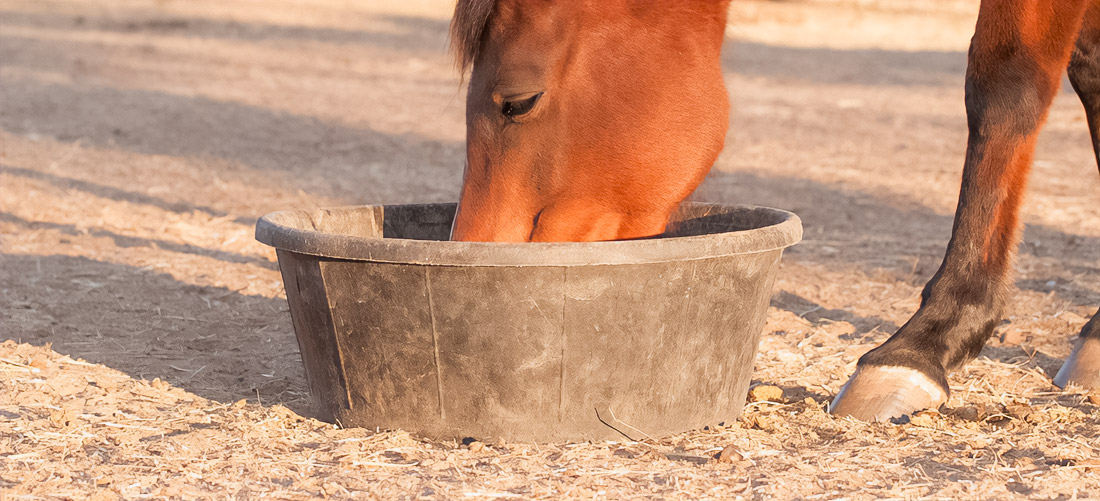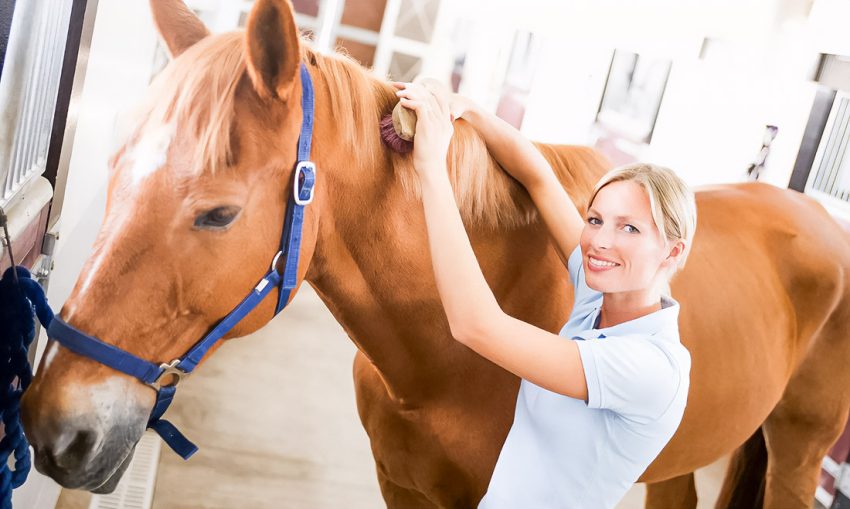Thermal stress is a serious physiological condition in which animals suffer from an insufficient ability to regulate internal temperature in an elevated temperature ambient environment. In recent years, with changing climatic conditions, average annual temperatures have increased at record rates, which makes thermal stress more relevant. For illustration, add numbers: in the period from 2020 to 2023, the average annual temperature in agricultural regions of the world increased by 1.4°C. Concentrated feed is one of the strategies capable of helping in this situation.
Thermal stress negatively affects the following aspects of health and productivity in animals:
- Fall appetite and, as a consequence, decrease the consumption of feed.
- Reduce body mass.
- Decrease milk productivity by up to 15% in especially hot periods.
- Risk development thermal shock, increased morbidity and mortality.
Ratio with Rational Approach: Nutrition as a Panacea from Heat

Rational feeding is a key strategy in the fight against thermal stress. Specialists recommend focusing attention on energy and metabolic balance, which helps cope with elevated temperature. Here are some effective methods:
- Increase water intake by 40% for maintenance of normal hydration.
- Supplements sodium (Na) and potassium (K) for optimization of cellular function.
- Introduction to the use of natural antioxidants, such as vitamin E and selenium, for fighting oxidative stress.
Science and Practice: Examples of Successful Fight with Thermal Stress

Research worldwide confirms that adapted nutrition can significantly reduce the negative impact of thermal stress:
- In Australia addition sodium bicarbonate and potassium chloride in ration cows increased their ability withstand high temperatures by 25%.
- In USA complex nutrition for pigs, including vitamin C and E, improved their immune function by 30%.
- Farmers in South America report about a 20% increase in survival of animals with the use of feed additives with probiotics and antioxidants.
Competent Ration: Recommendations on Nutrition for Animals

Optimal ratio for agricultural animals – guarantee reduction of thermal stress. Consider key points:
- Macroelements: Maintain the level of sodium and potassium for improvement of electrolyte balance and energy reserves.
- Microelements and vitamins: Introduction to vitamin E, selenium, and vitamins group B for resistance to oxidative stress and improvement of metabolism.
- Other additives: Use probiotics to improve digestive function, and antioxidants for cellular protection.
Overcoming Obstacles: What to Consider in Implementation Strategies
Any adaptation feed base must consider specific climatic conditions and breeds animals. Main difficulties include:
- Necessity of constant monitoring and adaptation of feed formulations.
- Economic feasibility and availability additives.
- Consideration of additional factors, such as humidity and wind, affecting thermal stress.
Important to cooperate with professionals from veterinary and zootechnics for the development of individualized feeding strategies.
Future Study: New Horizons in Research Thermal Stress
Further research open possibilities creation new feed additives for enhancement thermotolerance animals. Genetic approaches also are promising direction, aimed at breeding breeds with increased resistance to thermal stress. Comprehensive research projects, considering interaction factors nutrition, genetics and conditions maintenance, can lead to development more effective strategies.
Thus, adaptation ration remains important element in fight with thermal stress, increasing health and productivity animals and increasing resilience agriculture in conditions changing climate.

I graduated from the California Institute of Technology in 2016 with a bachelor’s degree in software development.
